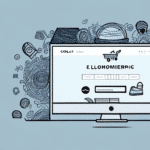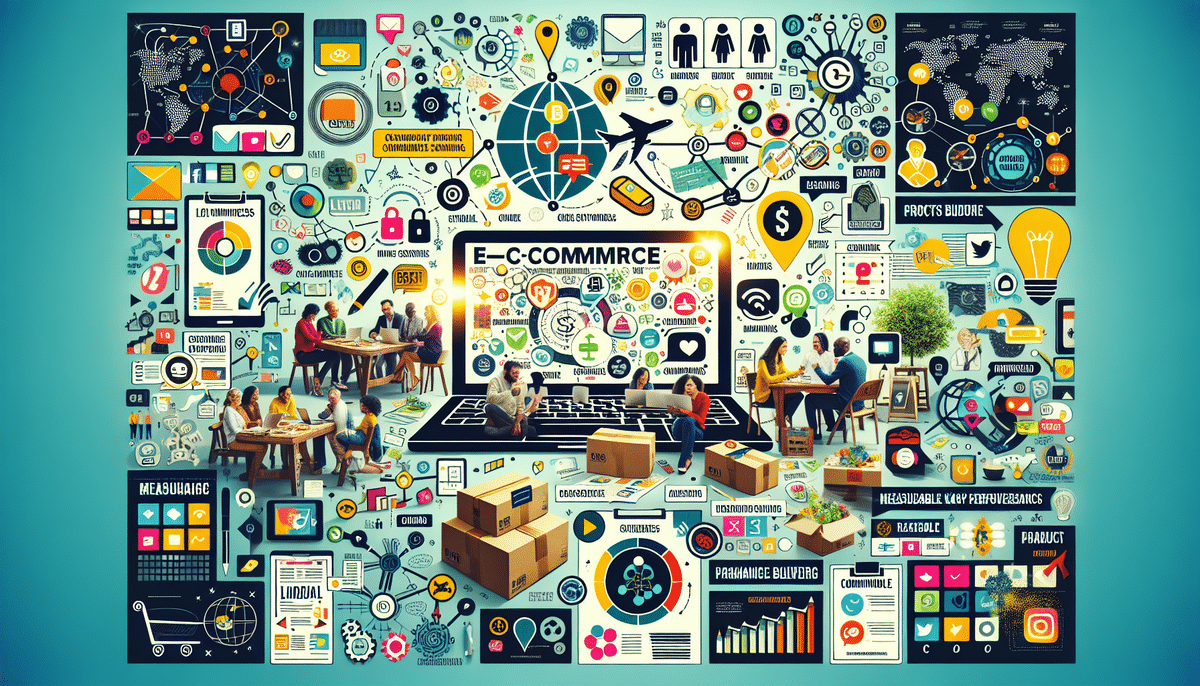Finding the Right Packaging Suppliers for Your Business
Choosing the right packaging supplier is a critical decision that can significantly impact the efficiency, cost-effectiveness, and sustainability of your business operations. A reliable supplier not only provides high-quality materials tailored to your needs but also contributes to your brand’s reputation and customer satisfaction. In this article, we explore the key factors to consider when selecting packaging suppliers, the types of packaging materials available, and strategies for building strong, long-term partnerships.
The Importance of Selecting the Right Packaging Supplier
Ensuring Product Quality
A dependable packaging supplier ensures that your products are protected during transit and storage, maintaining their quality and integrity. High-quality packaging materials reduce the risk of damage, returns, and customer dissatisfaction.
Cost Efficiency
Partnering with a supplier that offers competitive pricing without compromising on quality can significantly reduce your overall packaging costs. Additionally, efficient suppliers help streamline your supply chain, minimizing delays and operational expenses.
Enhancing Brand Reputation
Eco-friendly and innovative packaging solutions can enhance your brand’s image, attracting environmentally conscious consumers and differentiating your products in the market.
Types of Packaging Materials Available
Plastic Packaging
Plastic is a popular choice due to its versatility and affordability. It is lightweight and offers good protection, but its environmental impact has led many businesses to seek alternatives.
Paper and Cardboard
Paper-based packaging is eco-friendly and recyclable. It's ideal for products that require less protection and is increasingly favored for its sustainability benefits.
Metal Packaging
Metals like aluminum and steel provide excellent durability and protection, especially for food and beverage products. They are recyclable, although they can be heavier and more expensive.
Glass Packaging
Glass is non-reactive and preserves product quality, making it suitable for consumables. It is fully recyclable but can be fragile and heavy, increasing transportation costs.
Sustainable Materials
Bioplastics, compostable materials, and other sustainable options are gaining traction. These materials reduce environmental impact but may come with higher costs and varying availability.
Evaluating Potential Packaging Suppliers
Experience and Reputation
Choose suppliers with a proven track record and positive reviews. Established companies are more likely to deliver consistent quality and reliable service.
Pricing and Value
Compare quotes from multiple suppliers to ensure competitive pricing. Consider the value offered, including material quality, customization options, and additional services.
Sustainability Practices
Evaluate suppliers based on their commitment to sustainability. Look for certifications like ISO 14001 and inquire about their use of eco-friendly materials and waste reduction efforts.
Location and Logistics
Proximity to your business can reduce shipping costs and lead times. However, ensure that the supplier can efficiently manage distribution to all your required locations.
Quality Control
Reliable suppliers implement strict quality control measures. Request certifications and inspect samples to verify that the materials meet industry standards.
Understanding Your Business Needs
Specific Packaging Requirements
Identify the unique needs of your products, such as fragility, size, and regulatory compliance. This ensures that your packaging provides adequate protection and meets legal standards.
Customization and Flexibility
Opt for suppliers that offer customization options to align packaging with your brand identity. Flexibility in order sizes and delivery schedules is also crucial for adapting to market changes.
Building Strong Supplier Relationships
Effective Communication
Maintain open and transparent communication with your suppliers. Clearly articulate your expectations, provide feedback, and address issues promptly to foster a collaborative partnership.
Negotiating Fair Contracts
Negotiate contracts that are beneficial for both parties. Discuss pricing, delivery terms, and service level agreements to establish clear and mutually agreeable terms.
Long-Term Partnerships
Strive for long-term relationships with suppliers who understand your business goals and can support your growth. Reliable partnerships lead to better service, preferential pricing, and innovative solutions.
Sustainability in Packaging
Eco-Friendly Materials
Adopting sustainable packaging materials reduces environmental impact and appeals to eco-conscious consumers. Materials like recycled paper, bioplastics, and plant-based inks are excellent choices.
Waste Reduction Strategies
Work with suppliers to implement waste reduction practices, such as minimizing material usage, optimizing packaging design, and enabling recycling programs.
Certifications and Standards
Choose suppliers that adhere to environmental certifications and standards, ensuring that their practices meet recognized sustainability criteria.
The Future of Sustainable Packaging Solutions
Innovative Materials
The packaging industry is evolving with the development of new materials that are both sustainable and functional. Innovations like edible packaging and smart materials are set to transform the market.
Technological Advancements
Advancements in technology are enabling more efficient production processes, reducing waste, and enhancing the functionality of packaging materials.
Consumer Demand
Growing consumer awareness and demand for sustainable products are driving businesses to prioritize eco-friendly packaging solutions, making sustainability a key competitive advantage.
Conclusion
Selecting the right packaging supplier is a strategic decision that affects various aspects of your business, from product quality and cost management to sustainability and brand reputation. By carefully evaluating potential suppliers, understanding your specific packaging needs, and building strong, collaborative relationships, you can enhance your business operations and meet the evolving demands of the market. Embracing sustainable packaging solutions not only benefits the environment but also positions your brand as a responsible and forward-thinking leader in your industry.






















